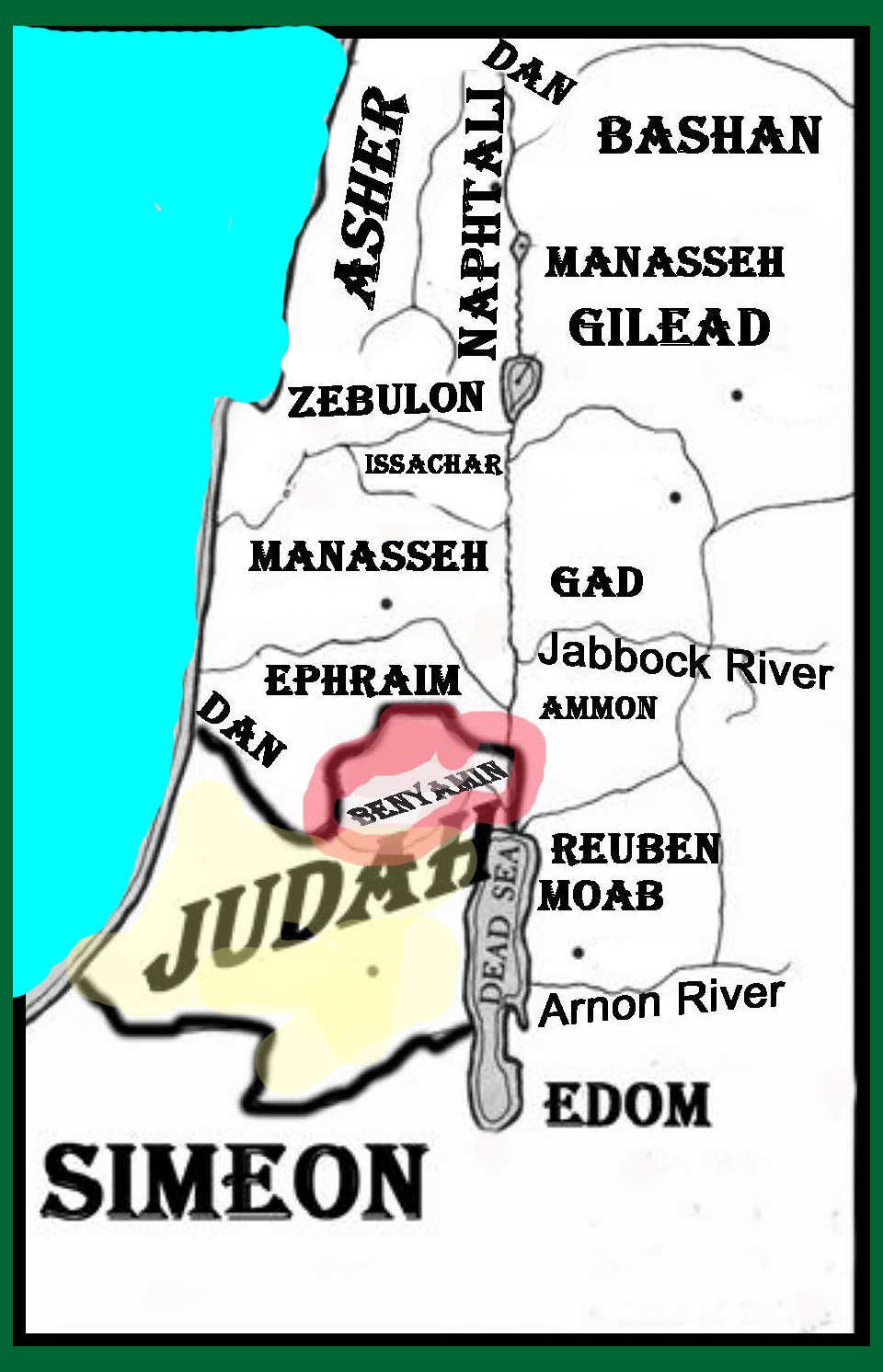The Book of Micah with Brit-Am/Hebrew Awareness Commentary
Continued from Micah ch.5. part 3.

ch. 6. Part One.
Micah (ESV) 6:
1 Hear what the LORD says:
Arise, plead your case before the mountains,
and let the hills hear your voice.
2 Hear, you mountains, the indictment of the LORD,
and you enduring foundations of the earth,
for the LORD has an indictment against his people,
and he will contend with Israel.
In the End Times will there be natural catastrophes? Drastic Climate Changes? Earthquakes? Changes in the level of the Sea?
3 O my people, what have I done to you?
How have I wearied you? Answer me!
4 For I brought you up from the land of Egypt
and redeemed you from the house of slavery,
and I sent before you Moses,
Aaron, and Miriam.
These were from the Tribe of Levi. They were the instruments through whom the Almighty redeemed Israel from Egypt and took them away from idolatry.
The Aramaic Translation says that each of these three had their own task:
Moses was to teach the people Torah.
Aaron (sometimes spelt "Aharon" which is how the name is pronounced) was to atone for the Israelites by sacrifice, ritual, and purification.
Miriam was to instruct the womenfolk.
5 O my people, remember what Balak king of Moab devised,
and what Balaam the son of Beor answered him,
and what happened from Shittim to Gilgal,
that you may know the righteous acts of the LORD.
Balak was the King of Moab. When the Israelites came out of Egypt they sojourned in the Wilderness for 40 years. Towards the end of this time they drew close to the Land of Canaan which they would need to conquer.
Moab bordered this area. IT WAS IN THE PATHWAY of the approaching Hebrews. wished to curse Israel. Balak feared the Israelites would attack his country. At all events they were a new element and a frightening one.
While the Israelites were encamped at Shittim near the border with Moab, Balak asked Bilaam (Numbers 22:6) to curse the Hebrew Nation. Bilaam was a kind of pagan High Priest. He is paralleled somewhat by the pagan figure of Wotan.
Bilaam told Balak that he could not curse the Israelites unless God willed it.
Nevertheless he was prevailed upon to attempt the pronouncement of maledictions against Israel. Every time he tried to do so only blessings came out.
The intended curses, as explained by Rabbi Shimshon Rafael Hirsch, included the division of the Tribes.
Eventually the Tribes of Israel did separate. There was a reason for this since the two halves of Israel had each their own support goal to fulfil. Nevertheless there was also much negativity associated with it. In the End times the Tribes will re-unite, cf. Ezekiel 37: 15-22, Isaiah 11:12-13).
Daat Mikra opines that the place Gilgal is mentioned above because it was there that the inauguration of Saul, the First king of Israel, was confirmed (1-Samuel 11:13). Other commentators however point out that the Gilgal was the place the Israelites came to just after they crossed the Jordan River (Joshua 4:19). This solution ties in with the continuation of this passage. At Gilgal they were to erect 12 stones as a memorial to the miraculous stopping of the Jordan River which they crossed on dry land. The Israelites who had been born during the Exodus did not practise circumcision during the journey through the Wilderness. They circumcised themselves at Gilgal.
Joshua (ESV) 5:
7 So it was their children, whom he raised up in their place, that Joshua circumcised. For they were uncircumcised, because they had not been circumcised on the way.
The Israelites sojourn in the Wilderness is symbolic of the Israelites sojourn in Exile in our time. Most Gentiles of Israelite descent in the USA practice circumcision. Some do not. Outside of the USA, Australia, New Zealand, in other Israelite countries circumcision is not common and may even be frowned upon.
In Biblical Terms to be uncircumcised is a shameful thing.
At the end of this chapter there is message for the Ten Tribes:
Micah 6:
16 For you have kept the statutes of Omri,
and all the works of the House of Ahab;
and you have walked in their counsels,
that I may make you a desolation, and your inhabitants a hissing;
so you shall bear the scorn of my people.
"The scorn of my people" may be read to say "the shame of my people."
Rabbi Valley indicates this refers to the Ten Tribes rejecting the rite of circumcision.
We shall return to this matter further on.
CONTINUED at Micah ch. 6 part 2.
